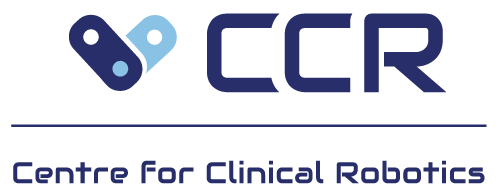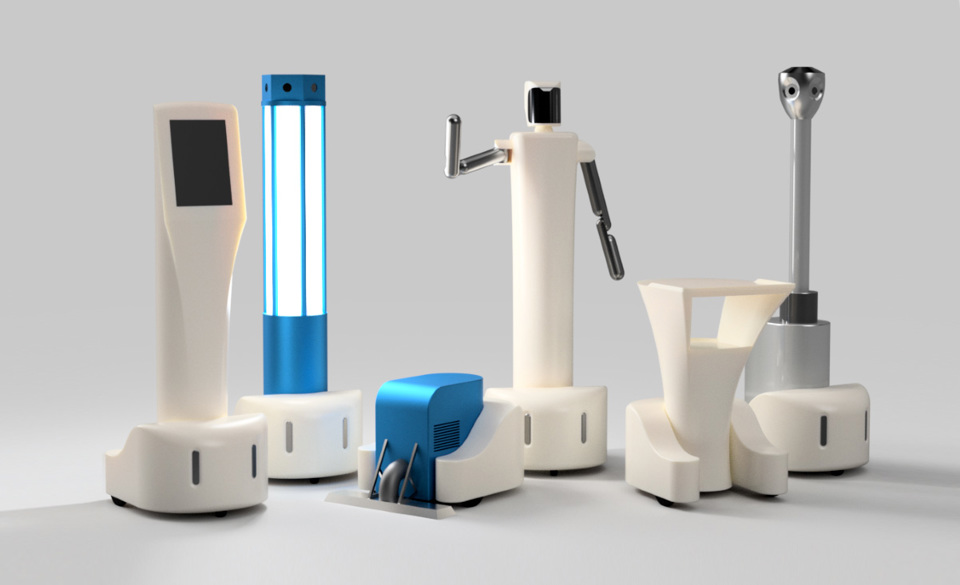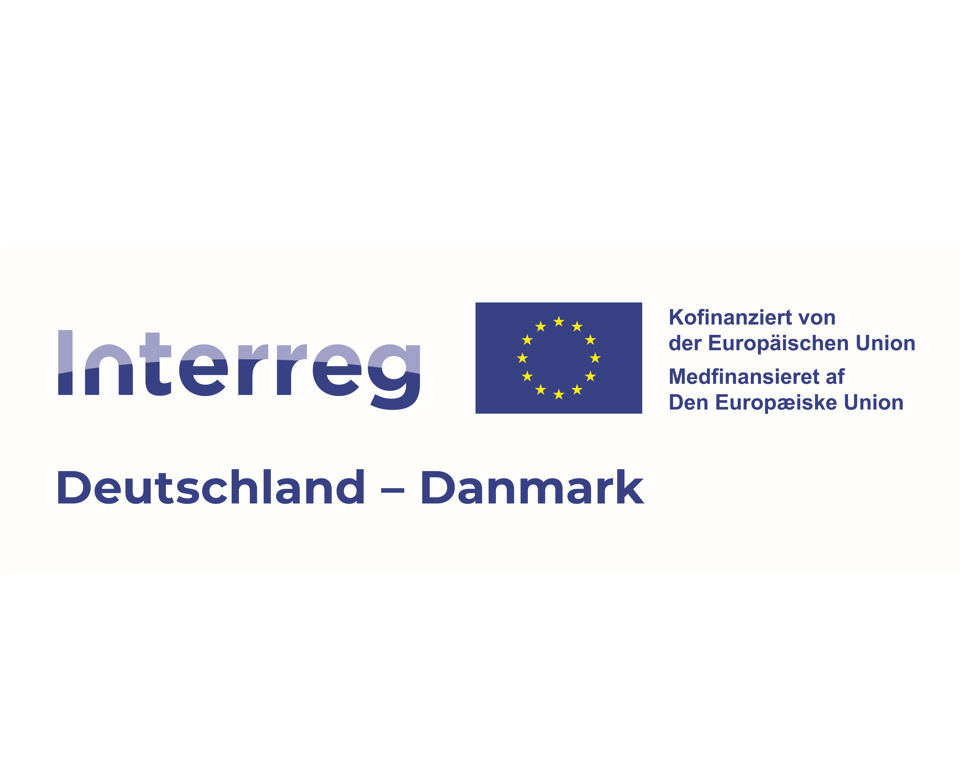HospiBot (2023-2026)
More and more patients need help and care from nursing staff, yet it gets increasingly harder to recruit the necessary staff at the hospitals. One way to relieve the pressure on the healthcare system is automation. Robots and other automation solutions can help streamline processes, increase efficiency and free up staff time for patient-related tasks.
PROJECT PERIOD
Start: September 2023
End: August 2026
Denmark and Germany have both seen increased automation at hospitals in the last few years. At Odense University Hospital, you can often see robots traversing the halls and corridors e.g. delivering samples and offering hand sanitisation. However, robots at the moment have a tendency to be rather sizable, which could be a problem in the near future as more robots will have to travel the hospital corridors simultaneously, and they lack interaction capabilities as well as versatility. There is also a need of standard guidelines for the use of robots.
AIM
The HospiBot project aims to design, implement and test a new, small-footprint, interactive, modular mobile service robot to tackle these issues in various areas. The robot is intended to be used at the hospital with purposes of greeting and/or guiding patients, providing small-scale transport, light cleaning and disinfection of surfaces, parking registration help, helping patients with non-medical needs, and patrolling. During the course of the project, three of these purposes will be selected for the further development of the robot.
The project further intends to develop a set of guidelines for the use of mobile robots in hospitals through meetings, workshops and round table discussions with the involved healthcare organisations. The developed guidelines should help to ensure cross-border standardisation, which should in turn lead to easier implementation of robots in hospitals.
The HospiBot project builds upon the results of previous projects such as HanDiRob.
PARTNERS
- SDU Robotics
- Universität zu Lübeck
- Fachhochschule Kiel
- Fraunhofer IMTE
- Odense University Hospital - Svendborg
- Sygehus Sønderjylland
- Zealand University Hospital
- Universitätsklinikum Schleswig-Holstein
FUNDING
The project is co-funded by the European Commission's Interreg Deutschland-Danmark programme, and it is run by a consortium of 8 partners from Denmark and Germany from both educational and health institutions.

Oskar Palinko
Project Coordinator
University of Southern Denmark, Maersk Mc-Kinney Moller Institute
spa@mmmi.sdu.dk

Angelina Stoyanova Wolf
Innovation Consultant
Odense University Hospital, Department of Clinical Development - Innovation, Research & HTA
(+45) 2384 8343 asw@rsyd.dk

Pernille Kirkegaard Ovesen
Innovation Consultant
Odense University Hospital, Department of Clinical Development - Innovation, Research & HTA
(+45) 2497 4744 pernille.kirkegaard.knudsen@rsyd.dk


